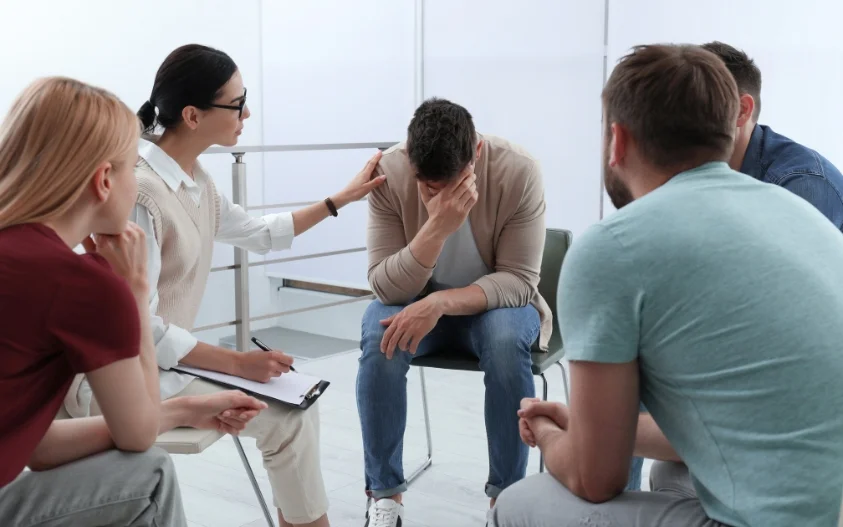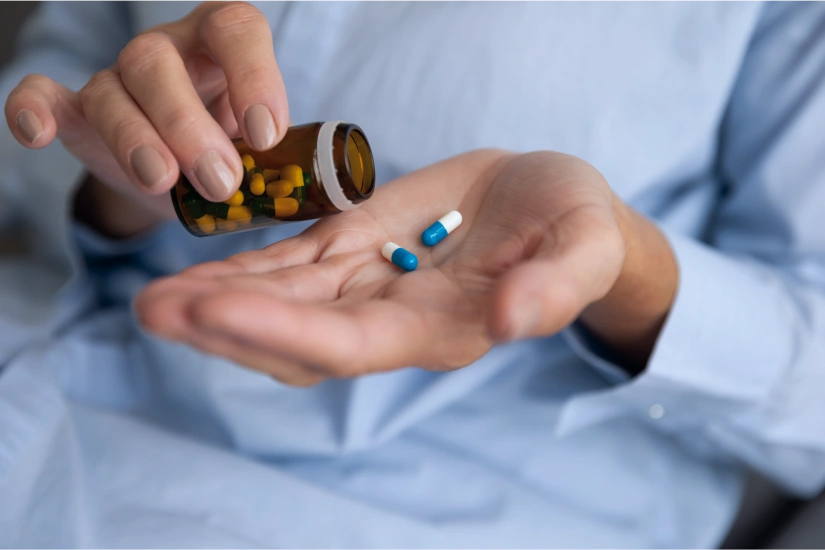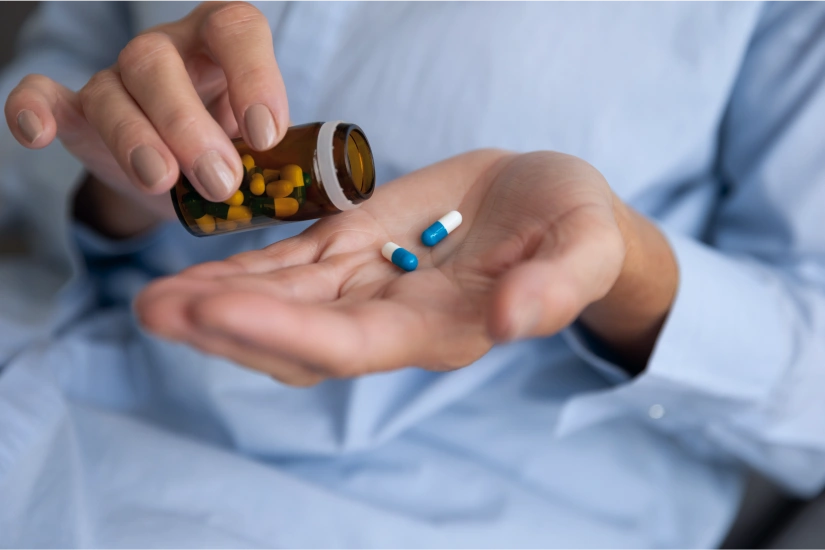24/7 Helpline:
(866) 899-221924/7 Helpline:
(866) 899-2219
Learn more about Opioid Rehab centers in Gainesville
Opioid Rehab in Other Cities
Other Categories in Gainesville

Other Insurance Options

AllWell

Ceridian

American Behavioral

MHNNet Behavioral Health

GEHA

Optum

Evernorth

Health Net

State Farm

Lucent

Health Choice

UMR

Covered California

WellPoint

Holman Group

Providence

Aetna

United Health Care
Beacon

WellCare Health Plans


















































































































































